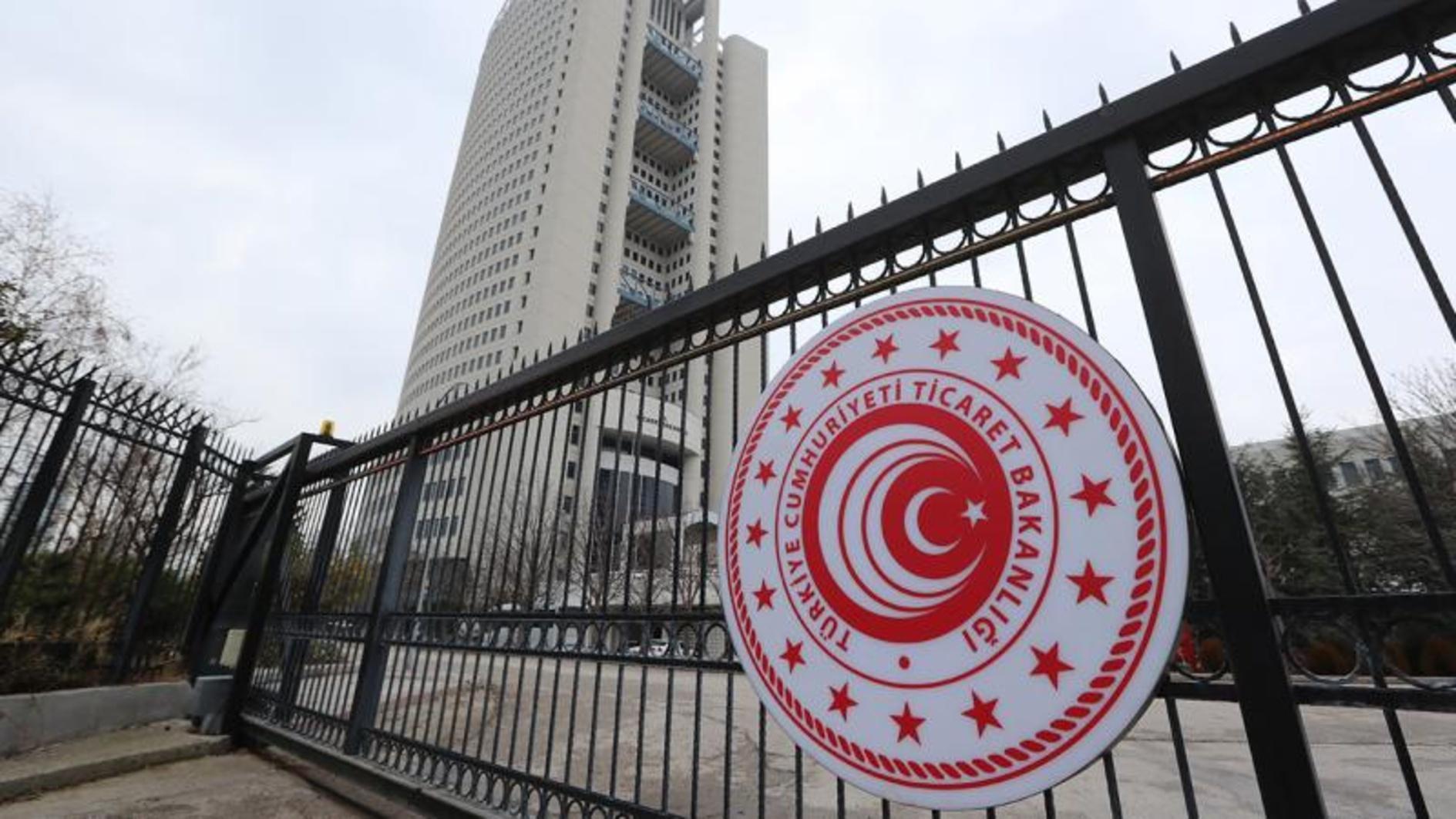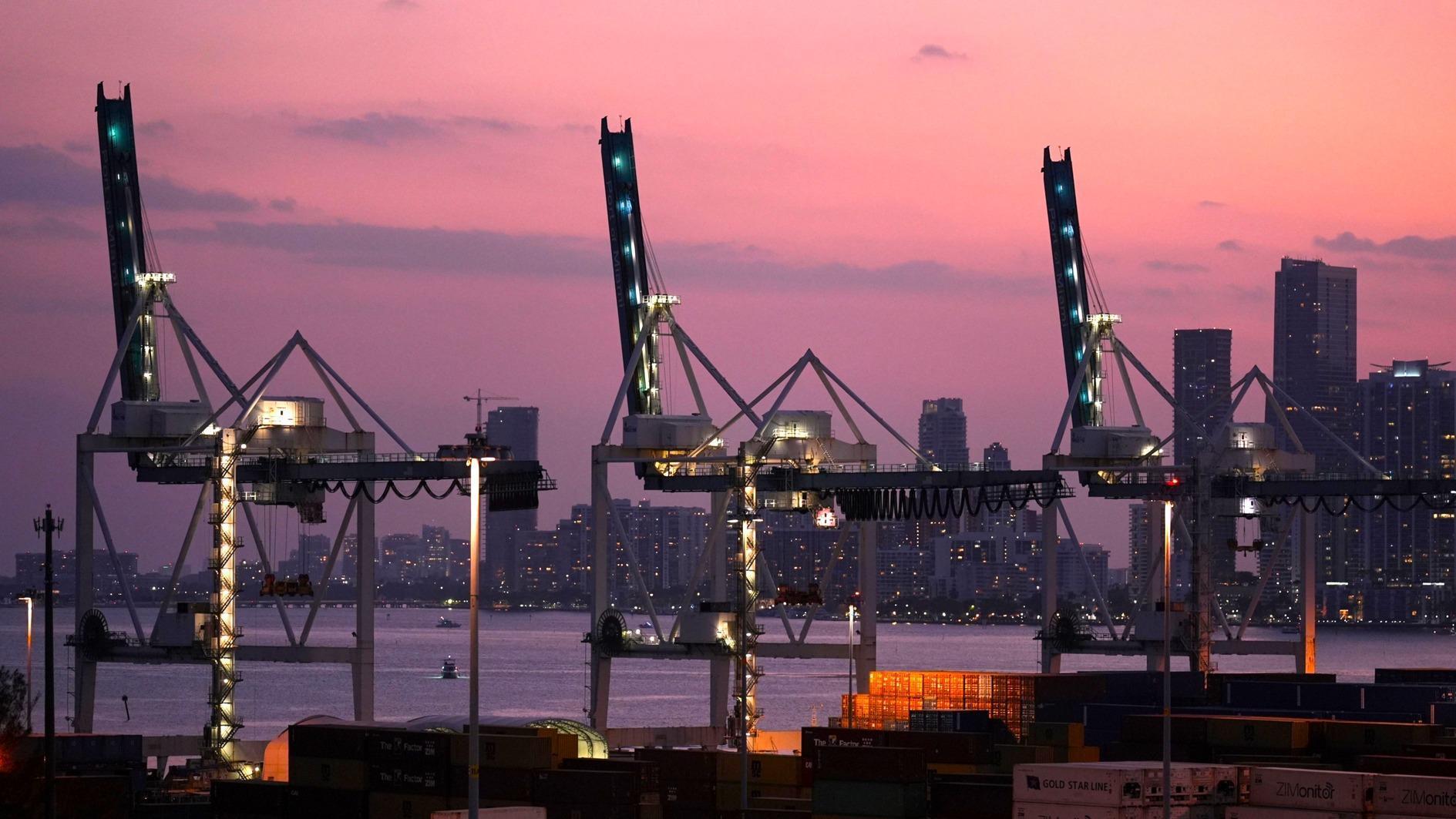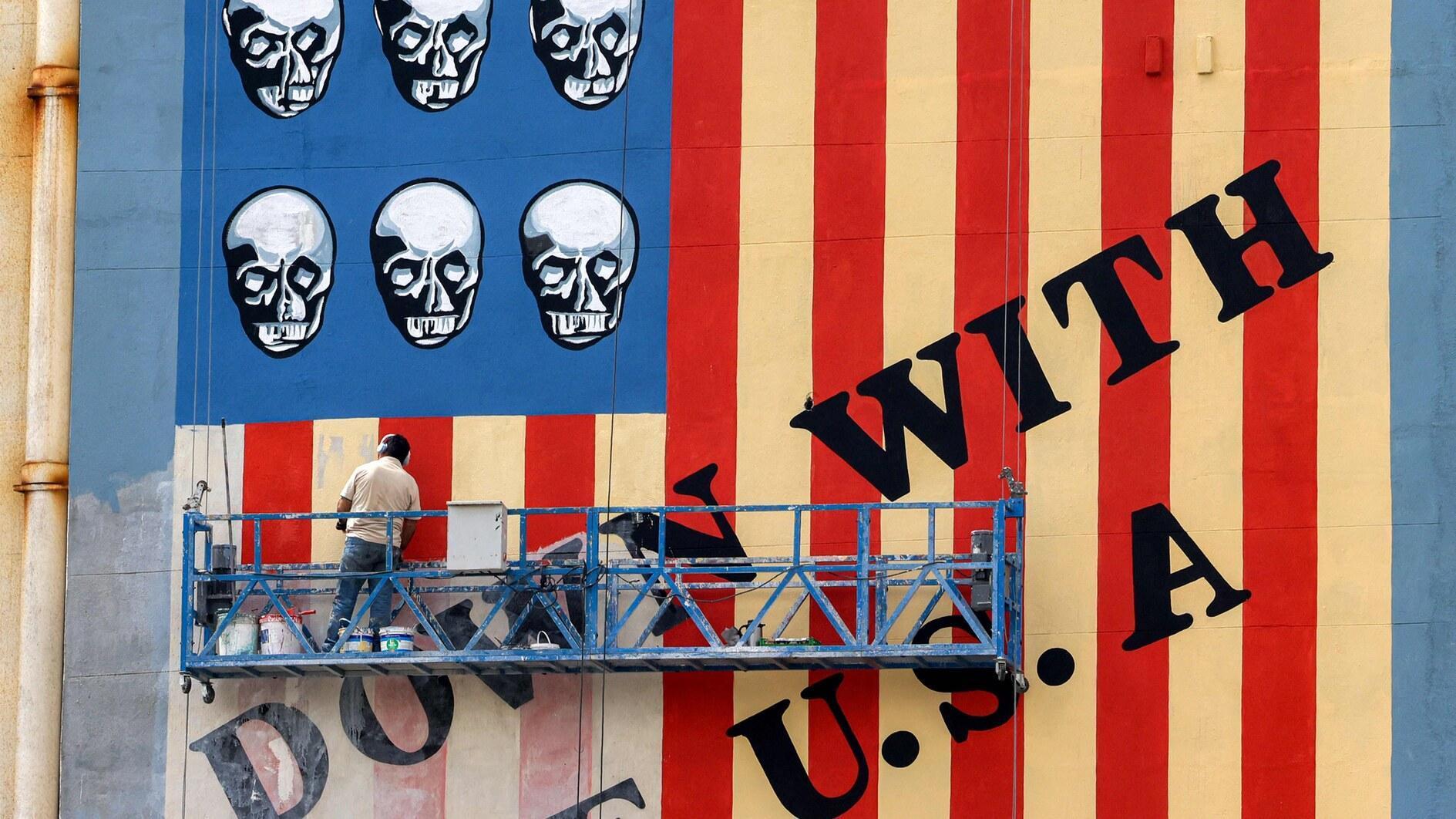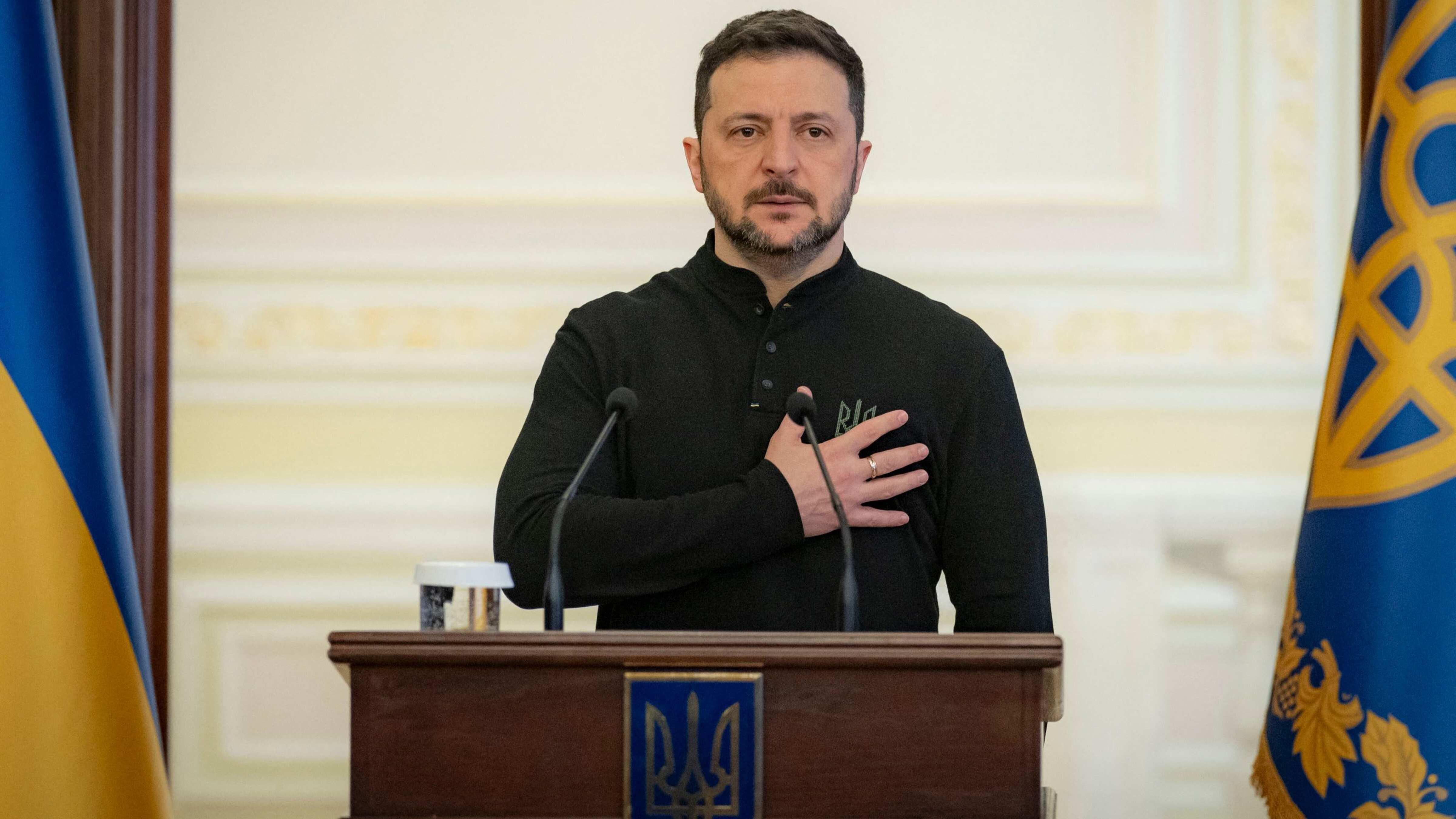Authorities tightening inspections over tax evasions
ANKARA

The Finance and Treasury Ministry has set up special teams that can utilize artificial intelligence to detect possible instances of tax evasion.
The teams, which include tax experts, assess the information and tips provided by consumers on social media outlets. They act on the respective companies if the information turns out to be reliable to detect whether the suspected firms commit value-added tax evasion.
“To detect discrepancies in VAT, our Tax Inspection Board, the Revenue Administration and the General Directorate of Risk Analysis have completed their artificial intelligence-supported work,” Finance Minister Mehmet Şimşek wrote on X.
Field inspections will be carried out on companies that are found to be exploiting the low VAT rates, which are applied to reduce the tax burden on staples, Şimşek added.
“We will continue to pursue those who gain unfair profits by causing tax loss and evasion and those who create unfair competition,” the minister said.
The VAT rates on stable foods and drugs are 1 percent and 10 percent, while it is 20 percent on cosmetics products.
However, for instance, some companies in the sales slips label cosmetics products as dietary supplements, thus paying lower tax to the state out of those sales, which causes tax losses to the state.
The VAT rate for services offered at restaurants is 10 percent, but it is 1 percent for deliveries. Some eateries resort to the same cheating practices, said officials, adding that some local supermarkets are also exploiting the system to avoid paying taxes to the state.
In the face of such irregularities, the Finance Ministry launched work to fight tax losses and tax evasion, using artificial intelligence and algorithms to identify the companies that violate tax regulations.
Officials will also inspect 100 large companies to see if they are violating the tax rules.
Daily Hürriyet reported that a social media team has been set up upon Şimşek’s request, which is tasked with looking into tipoffs on social media sites regarding tax evasions.
Recently, Şimşek replied to a consumer on a social media platform, who shared a picture of a sales slip that showed that a restaurant charged lower VAT for a food product.
“Thanks for bringing this issue to our attention. The respective units at the Finance Ministry will keep a close eye on such practices,” Şimşek wrote.
Last year, tax revenues increased by 91 percent from 2022 to 4.5 trillion Turkish Liras. The VAT collection rose nearly 190 percent to 506 billion liras, while special consumption tax revenues increased 121 percent to 928 billion liras.
















